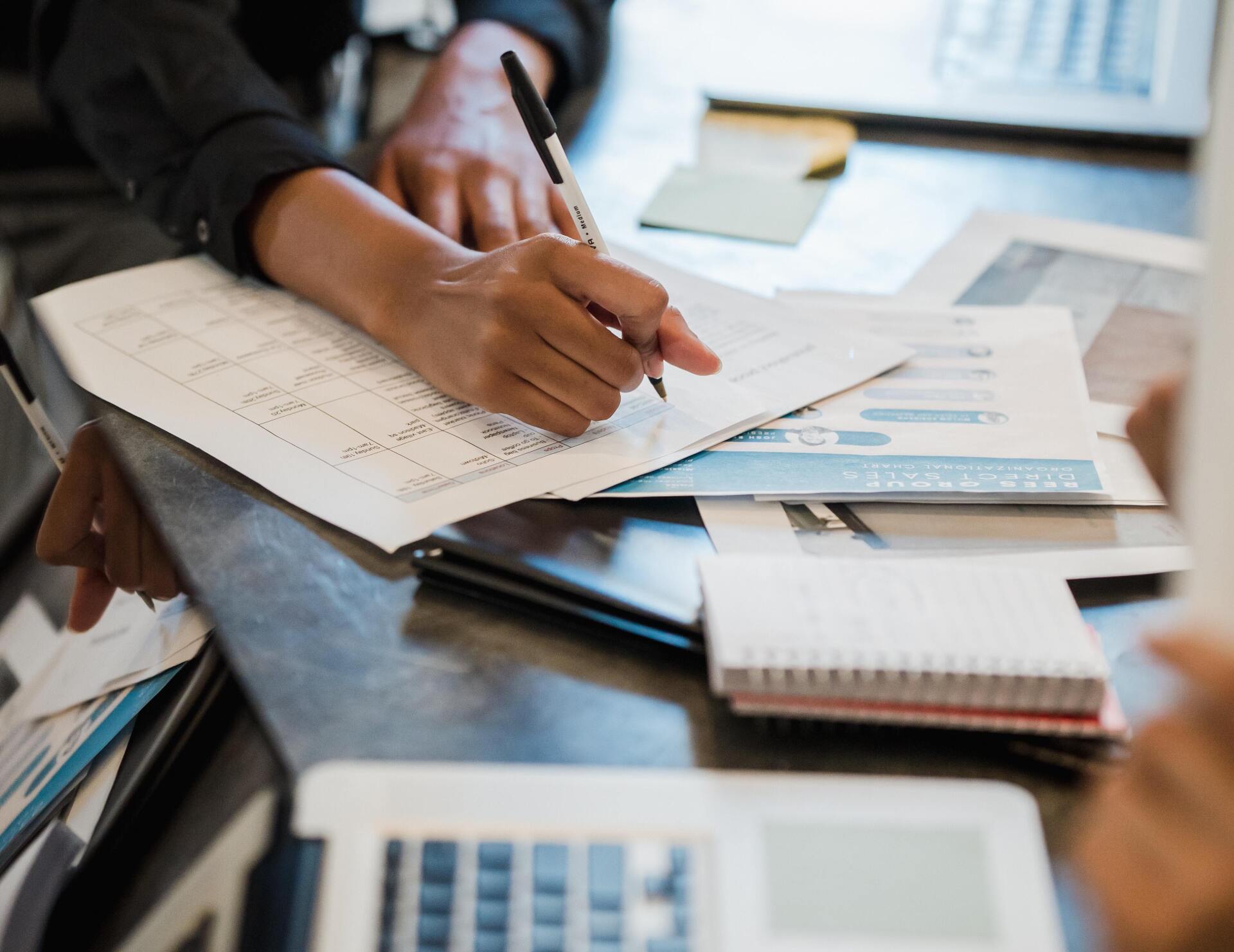Capitalism: A Dynamic Engine Powered by the Human Spirit
Where have all the capitalists gone? Do any of our nation’s leaders, be they the CEOs of our largest companies or our elected officials, really believe in free markets or even understand their origins and power? The events of the last two months lead me to conclude that far too few do.
I have watched the events of the last two months with my mouth wide open half the time, dumfounded by what has transpired. In mid-March, the shutdowns began. We were told they would last two, maybe four weeks or until we flattened the curve. At the time, most of us had no idea what that phrase ‘flatten the curve’ meant. But we do now. We were told that we would all eventually be exposed to the virus but that the nation had to quarantine now so we wouldn’t all contract the virus at the same time and overwhelm the hospitals, etc.… Many of us groused at the shutdown, myself included, believing firmly that there was a better way, but the reasoning was at least defensible.
But four weeks became six which became eight and somewhere along the way ‘flattening the curve’ was no longer talked about. Instead it was, “Well, if we reopen the country, more people will contract the virus”. When did preventing contracting the virus become the goal?
But by then, the predictable damage was done: The economy was in the sh***er. Lives were disrupted, some permanently, and I’m not talking about people who died from Covid-19 or the friends and families of someone who did. I’m talking about the rest of the nation as disruptions and chaos unfolded:
• Disrupted supply chains. Food shortages. Limits on how many of a given item a shopper could buy.
• Rotting farm produce. Farmers not replanting.
• People not willing to return to work because they made more money collecting state welfare and coronavirus stimulus checks from the federal government.
• Empty hospitals and a medical industry reeling from financial losses.
• Poaching of endangered species on the African continent is on the rise because tourism, a leading industry on the continent that created both financial reasons and resources to combat poaching, has come to a halt.
• The developing cost in terms of lives and quality of life from the foregone routine medical treatments and checkups over the last two months.
• Mental health issues: depression, anxiety, suicides, growing alcohol and drug abuse, lapsing addicts.
• Skyrocketing unemployment, bankruptcies, small business closures, family fortunes lost.
• Graduations not celebrated, weddings postponed, families not started.
• Etc.…
Eventually, and not without opposition, the conversation turned to how to reopen the country. How do we get the nation back to work? How do we re-start the economy?
Our nation is “in irons”. An old sailing term, to be stuck in irons is when the bow of the boat is pointing directly into the wind, the sails are luffing, and the captain can’t move or steer normally. For the last several weeks, our elected leaders have constantly met and planned as they attempt to answer this question: How do we restart the economy. And I stare at the news on the TV or computer screen, again with my mouth wide open. And why? Because the answer to the question is so simple.
In answering the question, I’m reminded of a trip my wife and I took to Vietnam a few years ago. We were with a tour guide who remembered when President Clinton normalized relations with Vietnam in July 1995. Following America’s retreat from Vietnam in 1973 and the victory of then North Vietnam and communism on the Vietnamese peninsula, living conditions in Vietnam spiraled out of control. Quite simply, conditions became a living hell.
When President Clinton normalized relations with Vietnam, and in response to a loosening of government restrictions on private ownership and entrepreneurship, foreign investment was allowed, and things began to change. I asked our guide how it happened. How did Vietnam transition from a moribund, communist country into a thriving economy in the developing Southeast Asia? He answered: “Well, they let us own property, and it just happened.”
It just happened. There’s the answer. It’s that simple. Today, Vietnam is a leading exporter of coffee, rice and other goods.
So, to all the governors and mayors across the country holding meetings and wondering how to restart the economy, here’s what you need to do: Remove the state orders and get out of the way. We’ll do the rest. Every day you delay is a day the mounting consequences continue unabated.
Over the last few weeks, I’ve read a bit on the nature of free markets knowing that I couldn’t add to the wonderful words that have been written on the subject. I found the following quote at the website for the Institute for Humane Studies at George Mason University: Spontaneous Order is the idea that much of the order within society—widespread social coordination—arises not by virtue of human design, not by top-down rational control, but by bottom-up processes of trial, error, learning, and course correction. Since social coordination is so often assumed to be consciously designed, spontaneous order thinking can be counterintuitive. It’s helpful to recognize that most of the conventions that guide our daily lives—like language, family, and moral codes of appropriate behavior—are not designed and imposed from the top-down, but instead have evolved over time through the bottom-up voluntary interaction of individuals. Markets are another example of an order that emerges not by human intention and design, but through an emergent process in which countless market participants pursue their individual plans and purposes. These interactions generate information-rich signals—market prices—that inform and coordinate the disparate plans of countless market participants. The order that emerges may look as though it has been designed by “experts,” but in fact, the market is an order that has emerged despite the fact that no one is consciously guiding the process. (https://theihs.org/news/core-classical-liberal-principles/)
I love this explanation. It accurately explains the forces at work, the affect of the hundreds of millions of decisions made every day by people across the globe. Adam Smith referred to the force as the “invisible hand.” Capitalism isn’t a business model we pick off the shelf. It’s not a business model for our country we can accept or reject. Capitalism is simply a word that describes the net affect of people acting freely. Yes, acting freely and creating. Where does this creative impulse come from? Well, we were created in God’s image and He said it was very good.


